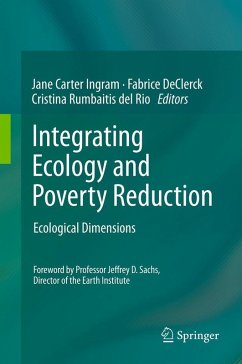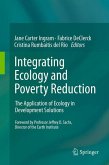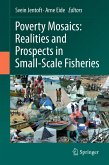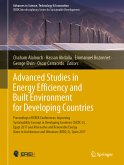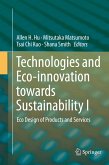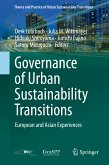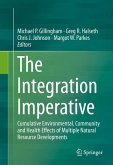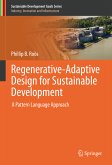Integrating Ecology and Poverty Reduction is designed to illustrate the opportunities for ecological science to contribute to international development challenges and solutions; to foster new ways of thinking about the relationships between humans and the ecosystems in which they live; and to explore the tradeoffs and advantages in using an ecological approach to addressing poverty in a world of increasing population, high rates of poverty and continued ecological degradation. The issues addressed and explored by experts in ecology and international development fields will be especially relevant for students and professionals interested in the intersection of poverty reduction and environmental sustainability.
About the Editors
J. Carter Ingram is the lead of the Ecosystem Services and Payments for Ecosystem Services group at the Wildlife Conservation Society in New York, NY. Fabrice DeClerck is a professor of community and landscape ecology at CATIE in Costa Rica. Cristina Rumbaitis del Rio is an Associate Director at the Rockefeller Foundation in New York, NY.
Dieser Download kann aus rechtlichen Gründen nur mit Rechnungsadresse in A, B, BG, CY, CZ, D, DK, EW, E, FIN, F, GR, HR, H, IRL, I, LT, L, LR, M, NL, PL, P, R, S, SLO, SK ausgeliefert werden.
Hinweis: Dieser Artikel kann nur an eine deutsche Lieferadresse ausgeliefert werden.

